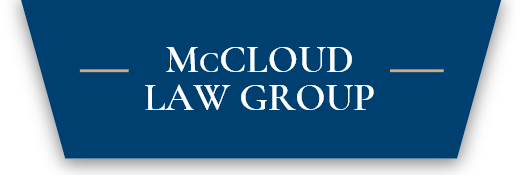Copyright and Fair Use
Authors often want to understand the eligibility of their writings for copyright protection. Legal copyright registration provides the copyright holder with a collection of special rights. Under the U.S. Copyright Act, a rightful owner maintains the “exclusive right to reproduce, distribute, perform, display, license, and . . . prepare derivative works” founded on his or her creations. However, these “exclusive” rights are curtailed by the “fair use” doctrine, which typically allows others to use your work legally for certain limited purposes, such as “criticism, comment, news reporting, teaching, scholarship, or research.”
A court makes the final determination about whether a particular use of a registered work comes within the “fair use” doctrine. Factors that a court may use to verify whether a particular use is permissible under the statute may include “the purpose and character of the use.” For instance, if a third-party utilizes your registered work for an educational and nonprofit purpose, the use is unlikely to be categorized as copyright infringement.
The court may also look at “the amount and substantiality of the portion used in relation to the copyrighted work as a whole.” It is likely to be copyright infringement if a large portion of the work has been used, where the user is effectively usurping the work as his or her own. The court may also analyze “the effect of the use upon the potential market for, or value of, the copyrighted work.” Furthermore, if a third party did not publish the work in question, the action may still constitute fair use.
Copyright protection spans “architectural design, software, the graphic arts, motion pictures, and sound recordings.” Consulting with an intellectual property lawyer will clarify whether a particular type of work qualifies for legal protection. It is important to remember that legal action may not be brought until work is registered, even if blatant copyright infringement transpires.
Qualified intellectual property lawyers are dedicated to keeping their clients in compliance with the Copyright Office and protecting them from being subjected to the civil fines that may result from improper actions. Engaging the services of a licensed intellectual property lawyer will not only protect original creations but provide necessary advice on whatever legal recourse is available.
